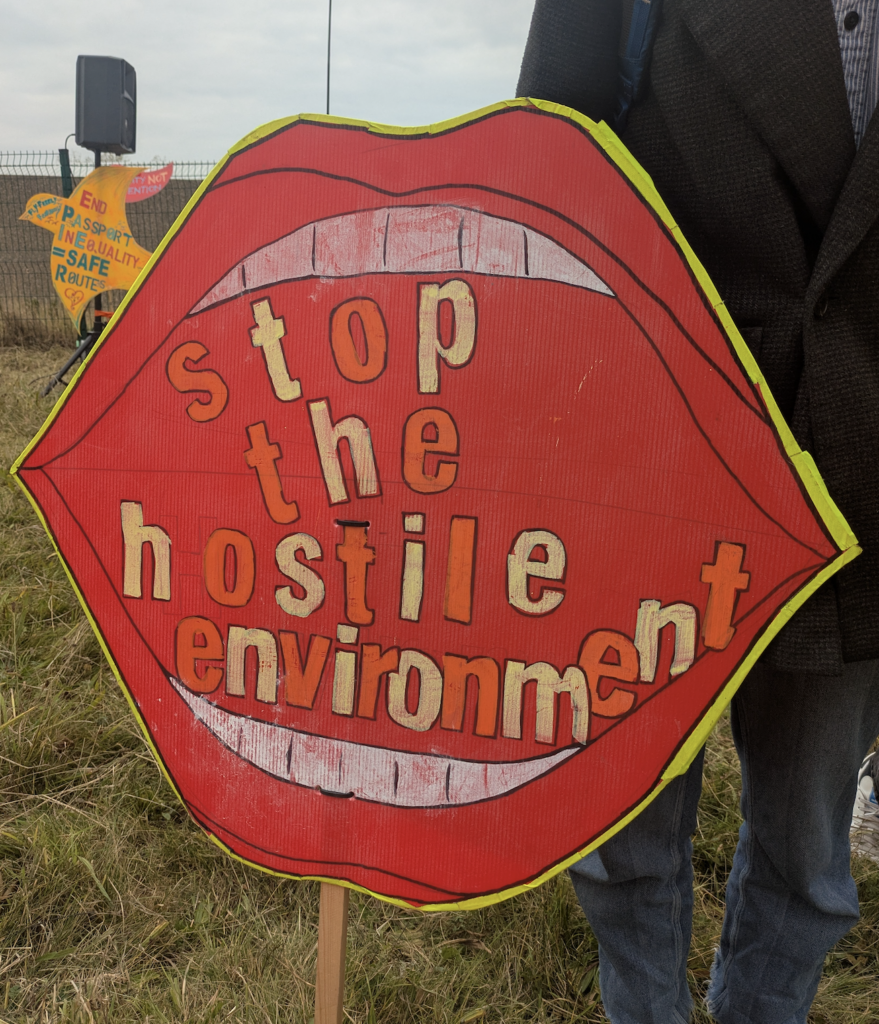The UK Government has announced plans to increase the length of time migrants need to live in the UK before applying for Indefinite Leave to Remain (ILR) from five years to ten years for most immigration routes. Migrants will need to prove continuous residence meaning time spent in the UK while their visa or permission to stay is valid, without long breaks. It is important to remember this is not law yet.
We knew this was coming. The Government’s White Paper published in May 2025 first proposed doubling the settlement period to ten years. Home Secretary Shabana Mahmood has now set out further details in her Labour Party Conference speech on 29 September 2025 about what this will look like in practice.
ILR, also called settlement, is a permanent immigration status that allows someone to live, work, and study in the UK without restrictions. ILR brings long-term security and stability – no more repeated visa renewals, stressful and confusing applications, changing rules, or high fees. It ends the uncertainty of temporary visas and provides access to public funds and services on the same basis as British citizens. ILR is also the usual step before applying for British citizenship.
At present, most people can apply for ILR after five years. However some people, such as those granted leave on human rights grounds under Article 8, already need ten years before they can apply for ILR.
In this blog, we explain the proposed changes specifically to ILR, what’s new in the recent announcement by the Home Secretary, and what you can do next. Remember: these changes have not come into effect yet.
What new information has been announced about the proposal?
The Home Secretary has described a “contribution-based settlement model” where a person can “earn” a reduction in the number of years they have to wait before applying for ILR. Examples of requirements that could apply include: being in work; National Insurance payments; not claiming benefits; good English; a clean criminal record; and “giving back” in the community. On the other hand, other people may have to wait longer to apply for ILR or be prevented from applying at all.
There are some explicit exemptions from this change including partners of British citizens and people granted leave as victims of domestic abuse. They will still be able to apply for ILR after five years. People with status under the EU Settlement Scheme will also keep their existing right to permanent residence after five years.
Key questions that are still unclear about the proposal
There are many details which remain unclear. For example:
- How can migrants “earn a reduction” below the 10-year period before applying for ILR? What criteria will allow someone to apply sooner (for example, what type of contribution is needed and for how many years), and what evidence will be needed? .
- Who will be barred from applying for ILR or required to wait longer? What will be the reasons for such decisions? How can migrants appeal those decisions and how will they be reviewed?
- Will this new proposed 10-year period apply to people already in the UK under the five-year route? Or will the proposal only apply to new arrivals or new ILR applications after an implementation date? Will there be transition arrangements for people in the process of applying for ILR when the proposal starts to be implemented?
- How will the Home Office define “positive contribution” or “non-compliance”? What counts as contribution, for example in terms of salary level, National Insurance contributions, volunteering hours.? And what counts as non-compliance, for example, in terms of receiving benefits, gaps in employment benefit receipts?.).
- How will exceptions apply for people who cannot work or volunteer, for example due to disability, long-term caring responsibilities or other barriers?
What this means right now
These changes have not yet happened. The Government has said the proposals will be subject to a public consultation later this year. This means no new law has been introduced, and existing ILR rules remain the same for now.
During the consultation, the Government will invite individuals and organisations to share their views, experiences, and evidence before any new policy is finalised. We will share the news through our updates once we know the details about the consultation. If you are interested in taking part in the consultation, make sure you stay informed.
An Early Day Motion (a public statement from MPs calling on the Government to take action on an issue) has already been submitted in Parliament. The motion calls on the Government to keep the current five-year route to Indefinite Leave to Remain for Skilled Worker visa holders. In addition, migration and refugee groups, civil society organisations and others will work collectively to ensure the real impact on people’s lives is heard and understood.
This is a worrying and unsettling time for many. It is important to:
- Stay calm and stay informed. Don’t make decisions based on rumours or social media posts. Check if the information you have is correct by consulting multiple sources.
- Take action on your own case. Keep your immigration status up to date, apply for extensions on time, and seek legal advice if you’re unsure what to do.
- Stay connected. Follow trusted organisations for updates and opportunities to take part in collective responses.
For now:
- If you already have ILR: your status is not affected.
- If you have applied for ILR: your application should be decided under current rules.
- If you are eligible soon: consider applying before any changes take effect.
- If you are on a route to ILR: continue renewing your leave on time and keep records of work, studies, or community activities in case they are needed later.
Right to Remain will continue to monitor these developments and provide updates once further details and timelines are published.














Discussion: